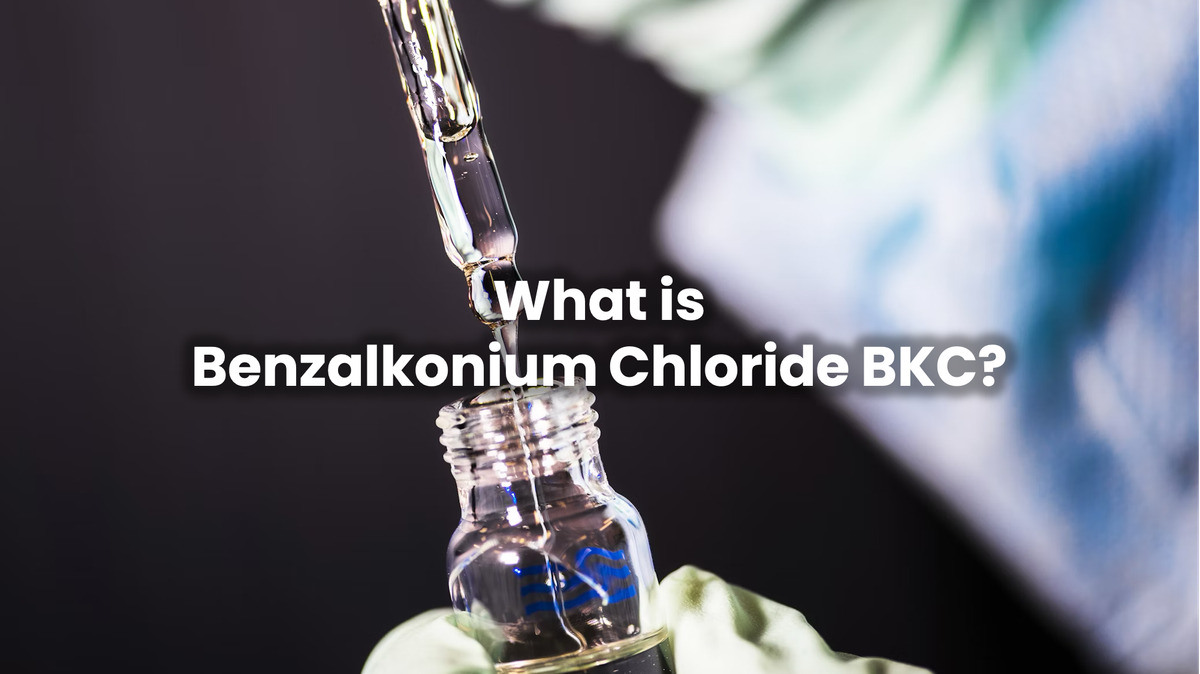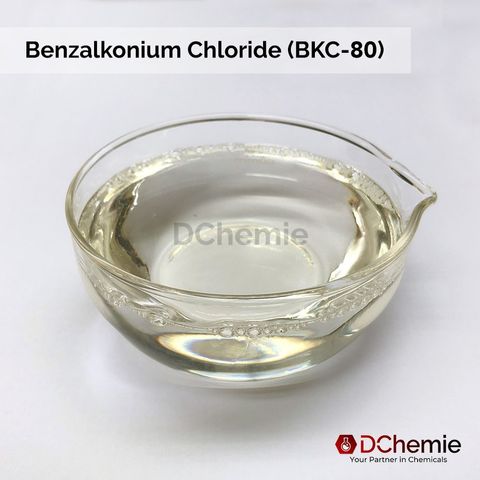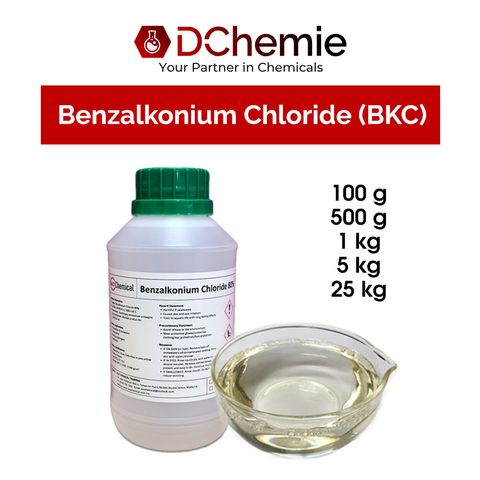
Introduction:
Benzalkonium Chloride (BKC), a quaternary ammonium compound, stands as a vital chemical agent in various industries owing to its versatile properties. Chemically, BKC is characterized by a combination of alkylbenzyldimethylammonium chlorides. It exists as a colorless or pale yellow liquid with a faint aromatic odor. Renowned for its antimicrobial properties, BKC finds widespread use as a disinfectant, preservative, and surfactant.
Function and Uses:
Primarily recognized for its antimicrobial action, BKC acts by disrupting cell membranes, thereby rendering microorganisms inactive. Its ability to eliminate bacteria, fungi, and viruses makes it a preferred choice for disinfection in healthcare, pharmaceuticals, and personal care products. Additionally, BKC serves as a preservative, extending the shelf life of various formulations by inhibiting microbial growth. Its surfactant properties contribute to its application in cleaning agents, facilitating emulsification and dispersion of substances.
Applications:
Healthcare Industry: BKC finds extensive application in hospitals, clinics, and other healthcare facilities as a surface disinfectant. It is utilized for sterilizing medical instruments, equipment, and surgical tools to prevent cross-contamination and ensure patient safety.
Pharmaceuticals: In pharmaceutical formulations, BKC acts as a preservative, preventing microbial contamination in drugs, ointments, and nasal sprays. Its broad-spectrum antimicrobial activity enhances the stability and efficacy of pharmaceutical products.
Personal Care Products: BKC is a common ingredient in personal care items such as hand sanitizers, disinfectant wipes, and antiseptic solutions. It helps in maintaining hygiene by eliminating harmful microbes from the skin and surfaces.
Industrial Applications: Industries like food processing, agriculture, and water treatment utilize BKC for its disinfecting properties. It aids in controlling microbial growth in food processing equipment, agricultural surfaces, and water distribution systems.
Product Examples:
- Healthcare: Disinfectant solutions, sterilizing wipes, surgical instrument cleaners.
- Pharmaceuticals: Nasal sprays, eye drops, topical creams.
- Personal Care: Hand sanitizers, disinfectant soaps, antibacterial wipes.
- Food Processing: Sanitizing solutions for food contact surfaces, equipment cleaners.
- Agriculture: Disinfectants for animal housing, agricultural equipment sanitizers.
- Water Treatment: Algaecides, biocides for cooling towers, swimming pool disinfectants.
Production/Sources:
BKC is synthesized through the quaternization reaction between benzyl chloride and dimethylamine. Industrial production involves the reaction of benzyl chloride with dimethylamine in the presence of aqueous sodium hydroxide, followed by purification to obtain the desired concentration and purity of BKC.
Properties/Characteristics:
- Antimicrobial Activity: Effective against bacteria, fungi, and viruses.
- Surfactant Properties: Facilitates emulsification and dispersion.
- Stability: Exhibits stability under varying pH and temperature conditions.
- Solubility: Soluble in water and organic solvents.
- Odor: Characterized by a faint aromatic odor.
Conclusion:
Benzalkonium Chloride (BKC) emerges as a versatile chemical compound with wide-ranging applications across various industries. Its antimicrobial, preservative, and surfactant properties make it indispensable in healthcare, pharmaceuticals, personal care products, and industrial processes. As a crucial ingredient, BKC plays a pivotal role in ensuring hygiene, safety, and product efficacy in diverse settings.


